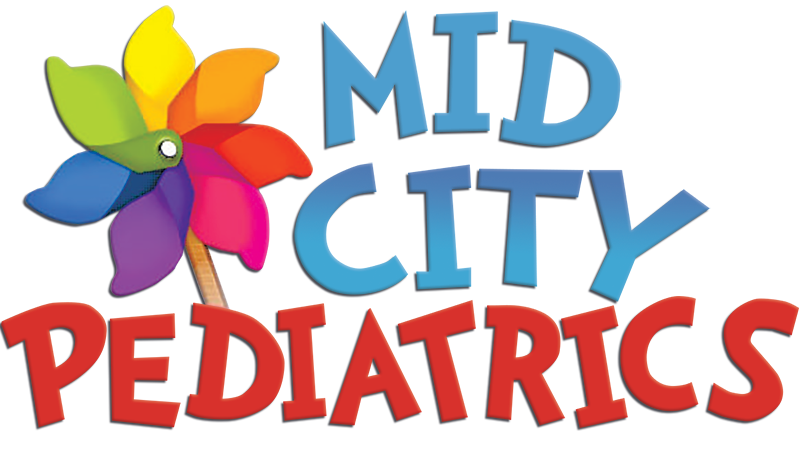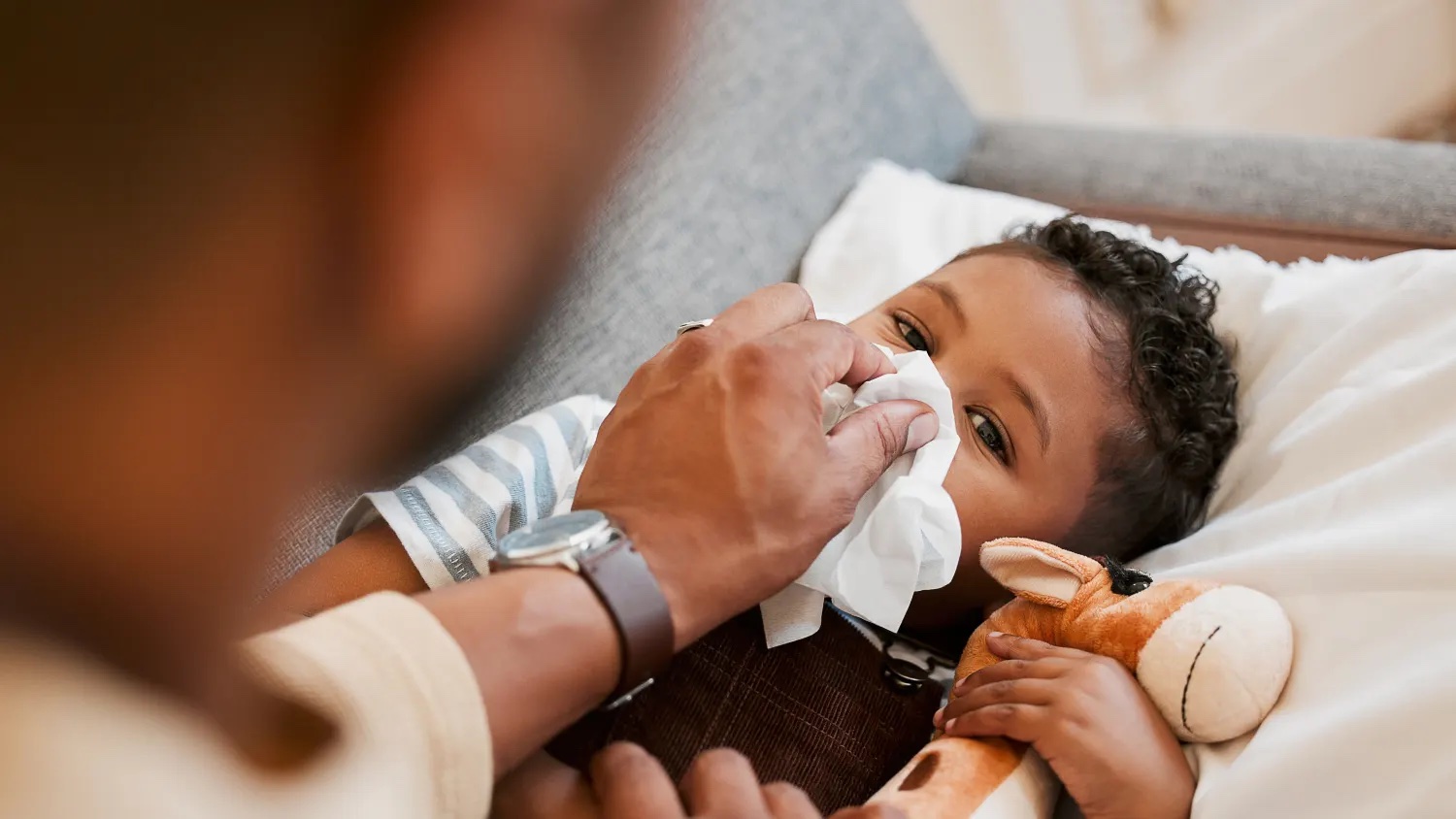RSV: Understanding Respiratory Syncytial Virus
Respiratory Syncytial Virus (RSV) is a common respiratory illness that affects people of all ages, but it can be particularly severe in infants and young children. RSV tends to be a seasonal virus, with infections peaking at certain times throughout the year. A typical RSV seasons runs from the Fall to the Spring months. Especially in the winter months, it is essential for parents to be aware of this virus, its symptoms, preventative measures, and the recent developments regarding an RSV vaccine.
Understanding RSV
RSV is a highly contagious virus that primarily affects the respiratory system. It can lead to mild cold-like symptoms in older children and adults, but in infants and toddlers, especially those under six months old, it can cause more severe complications such as bronchiolitis (inflammation of the small airways in the lungs) and pneumonia. Premature infants, children with weakened immune systems, and those with certain heart or lung conditions are at higher risk of severe RSV infection.
Statistics
According to the Centers for Disease Control and Prevention (CDC), RSV is the most common cause of bronchiolitis and pneumonia in children under one year of age in the United States. Each year, RSV leads to numerous hospitalizations, particularly among infants. Ultimately, 2-3 out of every 100 babies with RSV may need to be hospitalized.
The New RSV Vaccine
Beyfortus is a monoclonal antibody vaccine that received approval in July of 2023. Monoclonal antibodies are laboratory-made proteins that imitate our body’s natural ability to offer protection against severe RSV infection in young children. It is now available for neonates and infants born during their first RSV season as well as other children up to 24 months of age who remain vulnerable to severe RSV upon entering their second RSV season. Mid City Pediatrics provides Beyfortus to our patients. Please contact our office to confirm vaccine avaibility.
Things to Look for and When to Call the Pediatrician
Parents should watch for potential signs of RSV infection in their children, such as:
- Persistent coughing or wheezing
- Difficulty breathing or rapid breathing.
- Fever
- Lethargy or irritability
- Refusal to feed or decreased fluid intake
If you child exhibits any of these symptoms, especially if they’re under six months old or have other risk factors, it’s essential to contact your pediatrician. Early detection and medical intervention can significantly impact the outcome of RSV infections.
Prevention Tips:
Whild there’s no specific treatment for RSV, several preventative measures can reduce the risk of infection:
- Frequent handwashing: Encourage everyone in the household to wash their hands regularly, especially before handling the baby.
- Limit exposure: Try to avoid close contact between young infants and individuals showing signs of respiratory illness.
- Keep surfaces clean: Regularly disinfect surfaces and toys that children frequently touch.
- Practice good hygiene: Cover coughs and sneezes, and avoid sharing cups and utensils.
- RSV vaccine: If your infant is eligible for Beyfortus, get your child vaccinated to help prevent serious RSV infection.
In Conclusion
RSV can pose a serious threat to young children, particularly infants. Understanding the signs and symptoms, staying informed about availability of vaccines, and implementing preventative measures are essential in protecting children from severe RSV infections. Always consult your pediatrician for personalize guidance and recommendations regarding your child’s health.
We welcome you to visit us at Mid City Pediatrics. We see children for same-day sick visits 6 days a week. Appointments may be scheduled online. Please click here to schedule an appointment or call us at (318) 221-2225
Dr. Cockrell grew up in nearby Natchitoches, LA. She graduated magna cum laude from Northwestern State University with a BS in Biology before pursuing her medical education at Louisiana State University Health Sciences Center in Shreveport. In 2004, she proudly earned her medical degree and was honored with membership in the esteemed Alpha Omega Alpha medical honor society. After completing her medical residency training at LSUHSC while raising her young family, Dr. Cockrell made Shreveport her home. Since 2007, she has been a valued member of Mid City Pediatrics, certified by the American Board of Pediatrics, and is a Fellow of the American Academy of Pediatrics.


